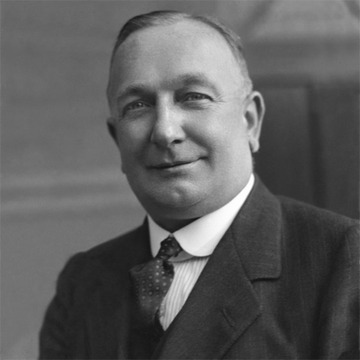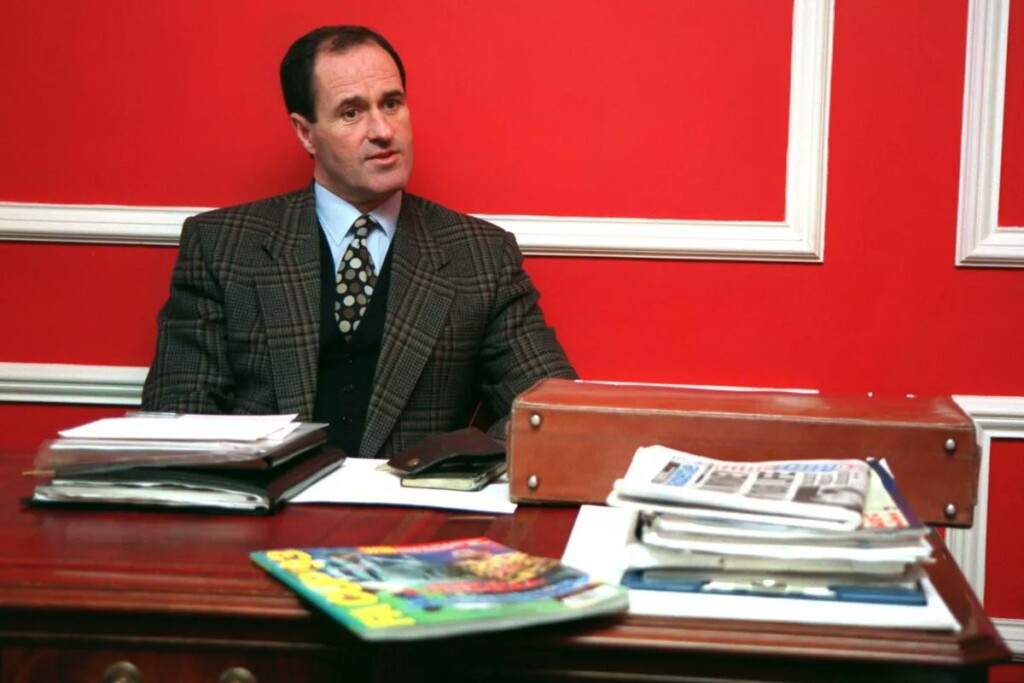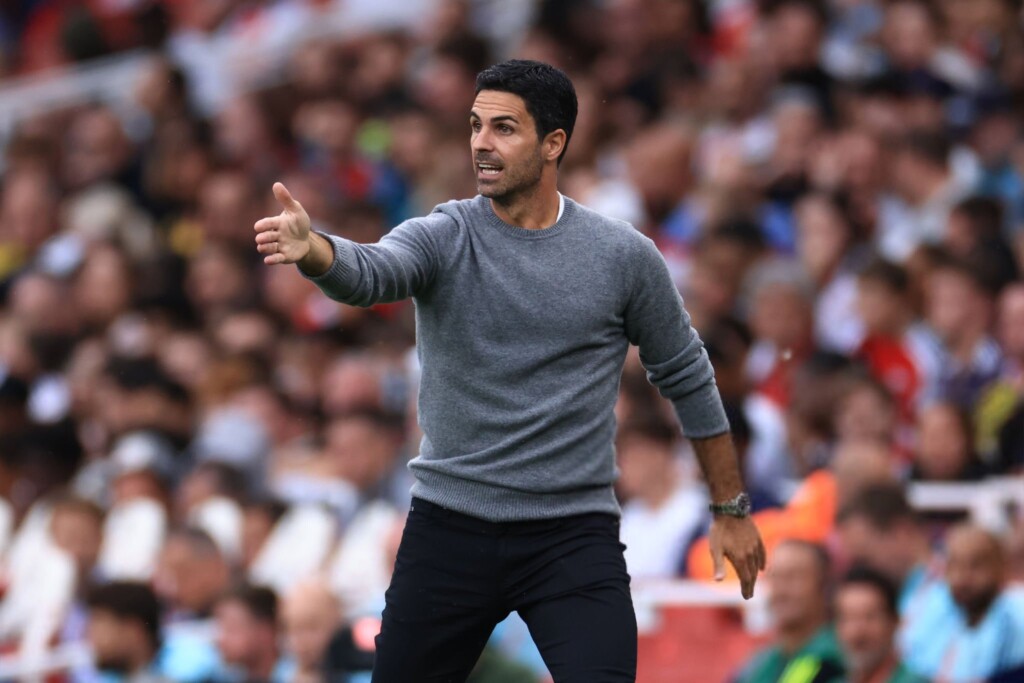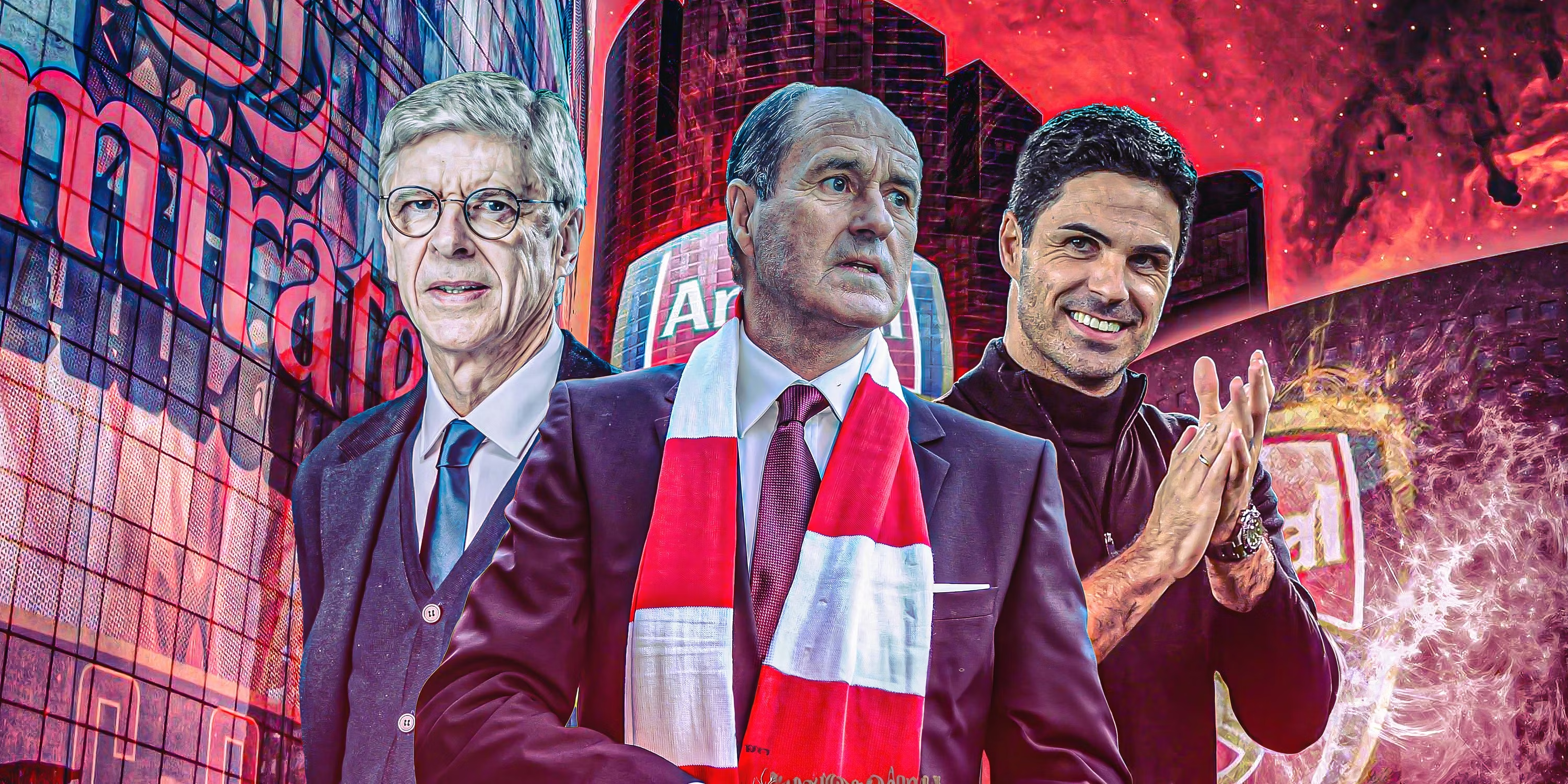Arsenal Football Club, one of the most storied teams in English football, has been shaped by a series of influential managers over its long history. Each manager brought a unique approach to the game, leaving an indelible mark on the club’s legacy. In this article, we explore the evolution of Arsenal managers, highlighting their contributions and the impact they had on the club’s success.
1. Herbert Chapman (1925-1934): The Pioneer of Modern Football
Herbert Chapman is often regarded as one of the most innovative managers in football history. Taking over Arsenal in 1925, Chapman revolutionized the game with his tactical innovations, including the famous WM formation,which became a blueprint for modern football strategies. He also introduced the idea of rubber studs on boots and numbers on players jerseys Under his leadership, Arsenal won their first major trophies, including two First Division titles and an FA Cup, solidifying the club’s status as a football powerhouse.

2. George Graham (1986-1995): The Master of Defense
George Graham’s tenure at Arsenal was marked by a strong emphasis on discipline and defensive solidity. Known for his “1-0 to the Arsenal” philosophy, Graham built one of the most formidable defenses in English football history. His management brought significant success, including two First Division titles, two League Cups, an FA Cup, and the European Cup Winners’ Cup. Graham’s era is remembered for its resilience and tactical rigidity, laying the groundwork for the success of future Arsenal managers.

3. Arsène Wenger (1996-2018): A great Arsenal Manager
Arsène Wenger’s arrival at Arsenal in 1996 marked a new era for the club and English football as a whole. Known for his progressive style of play and emphasis on player nutrition and conditioning, Wenger transformed Arsenal into a footballing force. His “Invincibles” team of 2003-04, which went unbeaten throughout the Premier League season, remains one of the greatest achievements in football history. Wenger’s 22-year tenure brought three Premier League titles and seven FA Cups, and he is widely credited with modernizing the club and English football.
4. Unai Emery (2018-2019): The European Specialist
Following Wenger’s departure, Unai Emery was appointed with the task of leading Arsenal into a new era. Known for his success in European competitions, Emery guided Arsenal to the 2019 UEFA Europa League final. However, inconsistency in the Premier League led to his departure after just 18 months. While his tenure was brief, Emery’s focus on youth development and tactical flexibility provided a foundation for future managers.
5. Mikel Arteta (2019-Present): The New Era
Mikel Arteta, a former Arsenal captain, took over as head coach in December 2019. Despite being relatively inexperienced in management, Arteta has shown great promise with his tactical acumen and leadership qualities. Under his guidance, Arsenal won the FA Cup in 2020, marking the club’s 14th triumph in the competition. Arteta has focused on rebuilding the squad with a mix of young talent and experienced players, aiming to restore Arsenal’s status as a top club in both domestic and European football.

Conclusion: A Legacy of Leadership
The history of Arsenal Football Club is deeply intertwined with the vision and strategies of its managers. From Herbert Chapman’s pioneering tactics to Arsène Wenger’s revolutionary methods, each manager has played a pivotal role in shaping the club’s identity and success. As Mikel Arteta continues to build his legacy, Arsenal fans remain hopeful that the club will return to the pinnacle of English and European football.
This legacy of leadership at Arsenal serves as a testament to the importance of strong, visionary management in achieving sustained success on the football pitch.

